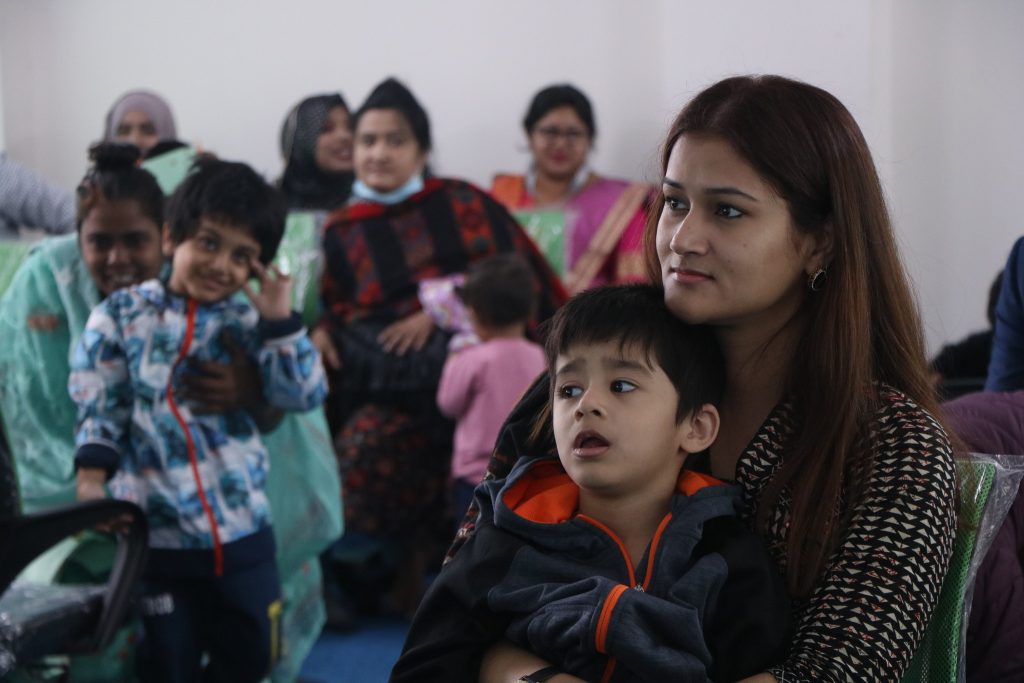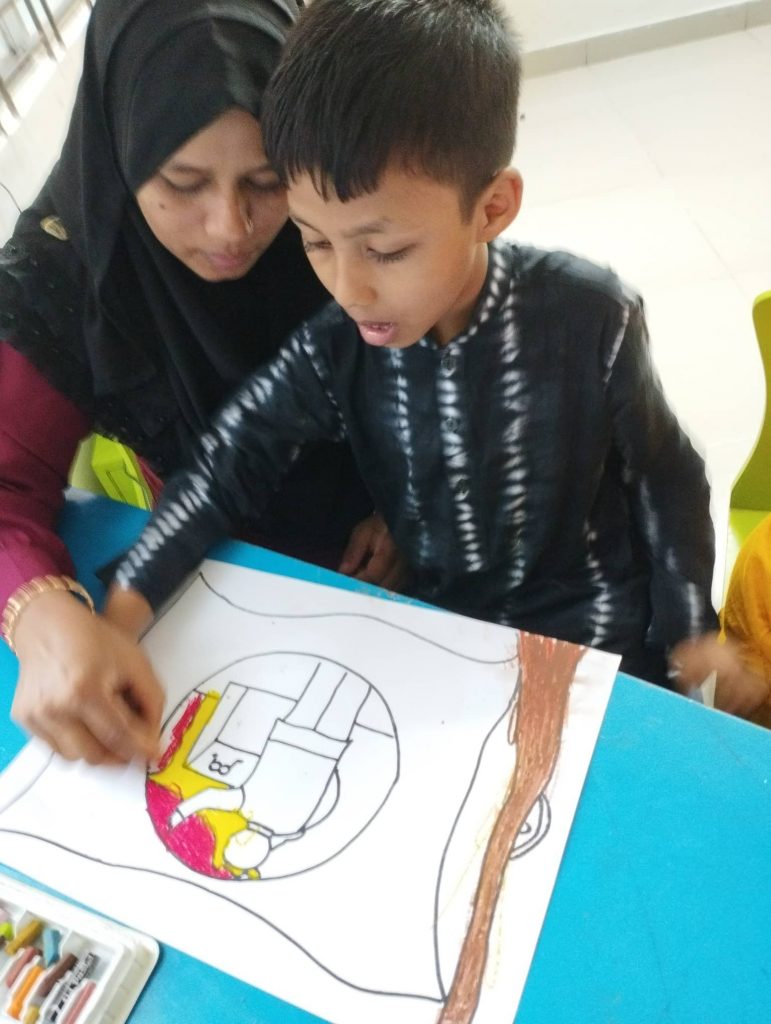Kohinur Akter, Lead, Special Education, Brighter Life School
Collaboration between special school teachers and parents is crucial in the education and development of children with autism. Parents have a unique perspective on their child’s strengths, challenges, and preferences, which can inform and enhance the efforts of special school teachers. When parents are recognized as development partners, they can contribute to the development of individualized education plans, provide valuable information to teachers, and work with teachers to implement strategies for improving their child’s progress. Let’s take a closer look at how collaboration between special school teachers and parents can improve the condition of autistic children and help them reach their full potential.

Collaboration in Individualized Education Plans
Individualized Education Plans (IEPs) are essential tools for children with autism in special schools. IEPs are tailored to meet the unique needs of each child and provide a roadmap for the child’s education and development. Collaboration between special school teachers and parents can significantly improve the quality and effectiveness of IEPs.
Parents can provide valuable information about their child’s interests, strengths, and preferences, which can inform the development of IEPs. Special school teachers can use this information to develop individualized goals and strategies that are more likely to be engaging and effective for the child.

Collaboration in Information Sharing
Effective communication between special school teachers and parents is essential for the success of children with autism. Parents have valuable information about their child’s home life, which can be helpful for special school teachers in understanding their child’s behavior and progress. Conversely, special school teachers have information about the child’s behavior and progress at school, which can be helpful for parents in understanding their child’s education and development.

Regular meetings between special school teachers and parents can facilitate the sharing of information and ensure that everyone is on the same page. Collaboration in information sharing can help parents better support their child’s education and help special school teachers better understand and meet the needs of the child.
Collaboration in Implementation of Strategies
Effective implementation of strategies is critical for the success of children with autism. Special school teachers may develop strategies for improving the child’s behavior, communication, social skills, and academic progress. However, effective implementation of these strategies may require the involvement of parents.

Collaboration between special school teachers and parents in the implementation of strategies can improve the quality and effectiveness of the strategies. For example, parents can reinforce positive behaviors at home and provide feedback on the effectiveness of strategies. They can also help teachers identify potential barriers to effective implementation and develop strategies to overcome them.
Conclusion
Collaboration between special school teachers and parents is essential for the education and development of children with autism. When parents are recognized as development partners, they can contribute valuable information to the development of IEPs, improve communication between teachers and parents, and help implement effective strategies for improving their child’s progress. Collaborative efforts between special school teachers and parents can improve the condition of autistic children and help them reach their full potential.
Reference:
Banda, D. R., & Singh, N. N. (2017). Family–school partnership and outcomes for students with autism spectrum disorder: A review. Journal of Autism and Developmental Disorders, 47(8), 2600-2617.
Guralnick, M. J. (2011). Why early intervention works: A systems perspective. Infants & Young Children, 24(1), 6-28.
Kearney, P. (2019). Improving the outcomes of students with disabilities in inclusive classrooms. The Clearing House: A Journal of Educational Strategies, Issues and Ideas, 92(3), 131-137.
